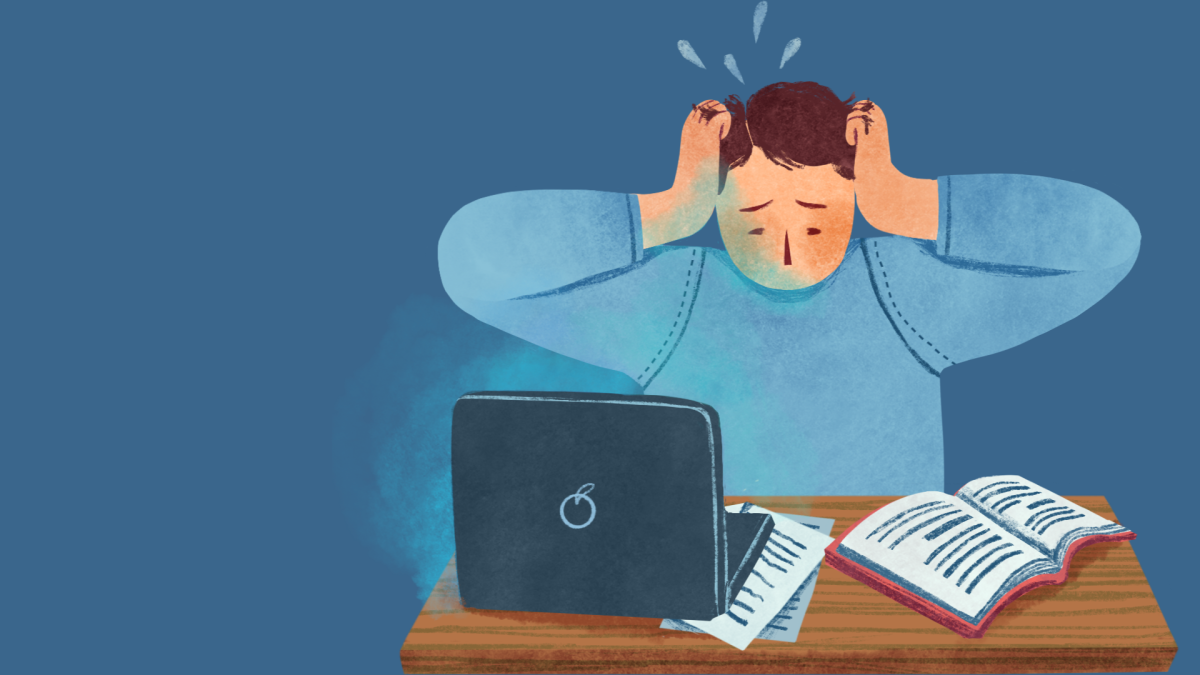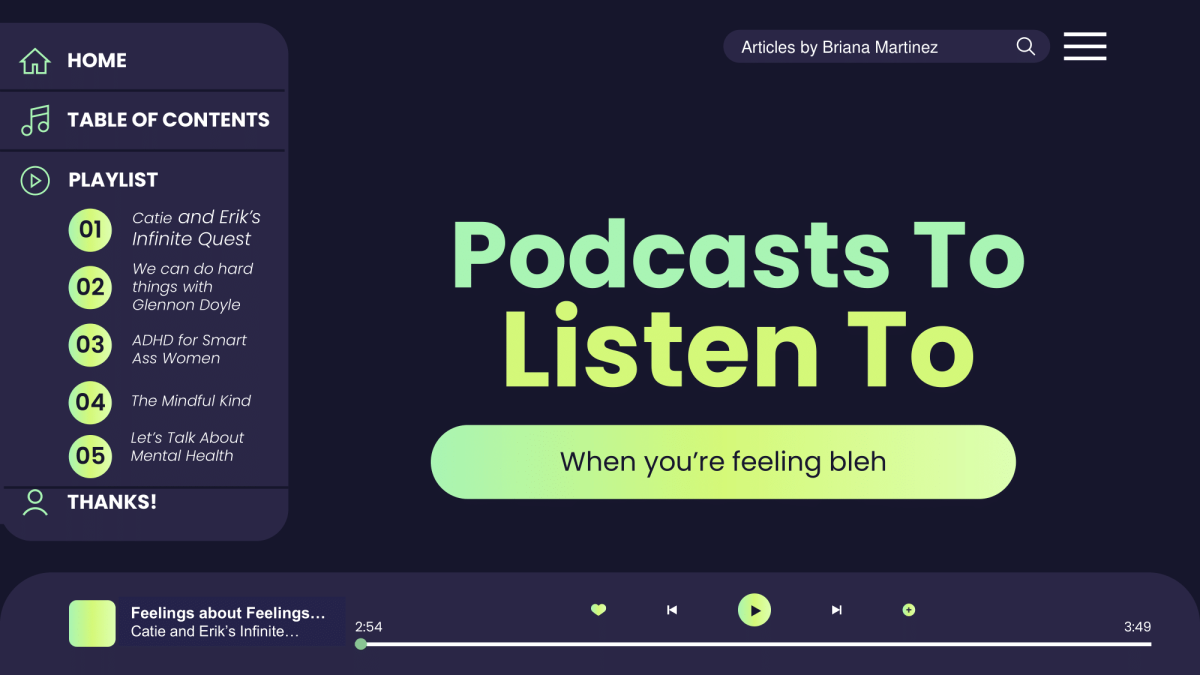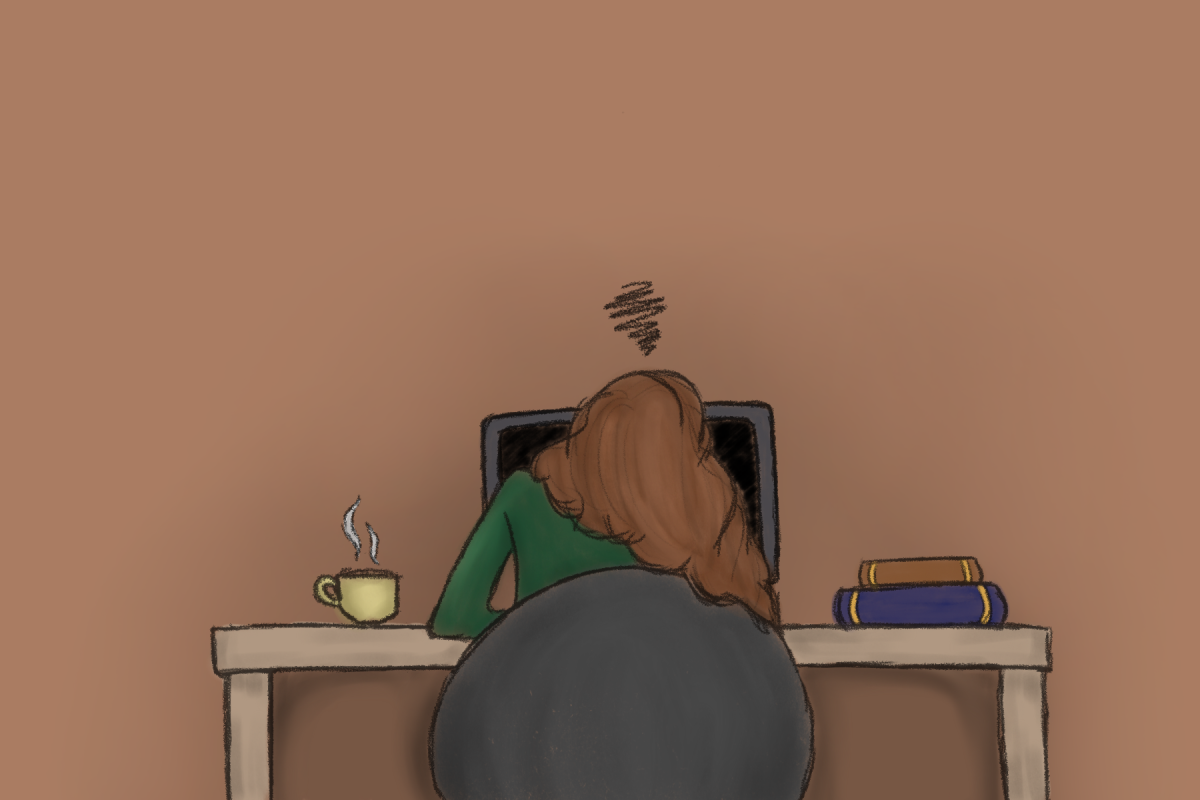Stress levels are at an all-time high this time of year, especially with final exams right around the corner. Most people experience physical symptoms of stress but they don’t always know how to identify them or, more importantly, how to manage them. This article discusses common physical responses to stress, and some strategies for stress relief.
Trouble sleeping
When I’m overly stressed, one of my biggest indicators of that stress is when I’m having trouble sleeping. I have found that limiting screen time half an hour before bed has been most effective in combating this. I also keep an emergency supply of melatonin gummies on my bedside table and wear a sleep mask at night. When you’re exhausted, your reactions to other stressful situations are likely to be exacerbated , so getting enough sleep is crucial.
Headaches
Headaches are a common symptom of stress and can sometimes be the most debilitating symptom. Speaking from experience, I can hardly focus when I’m down with a bad headache, which ends up stressing me out even more. Advil is great for short-term relief, but there are other things you can do to prevent stress-related headaches from occurring in the first place. Drinking water, getting enough sleep, and eating healthy, balanced meals have proven really effective in combatting these headaches.
Rapid Heartbeat
Many people experience an elevated heart rate when they’re experiencing high-stress levels. This is mainly because our bodies release cortisol and adrenaline in response to stress. One of the most common remedies for this symptom is listening to relaxing music during stressful tasks. Other techniques include practicing breathing exercises, meditation, and yoga.
Most college students experience stress throughout the entire semester, but especially towards its end with the approaching deadlines, final grades, and semester exams. It can take a huge toll on your ability to function in day-to-day life, so it’s important to know when stress is becoming a problem and learn how to manage it.





































